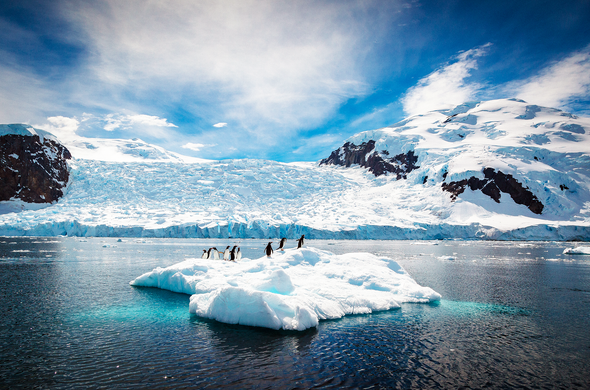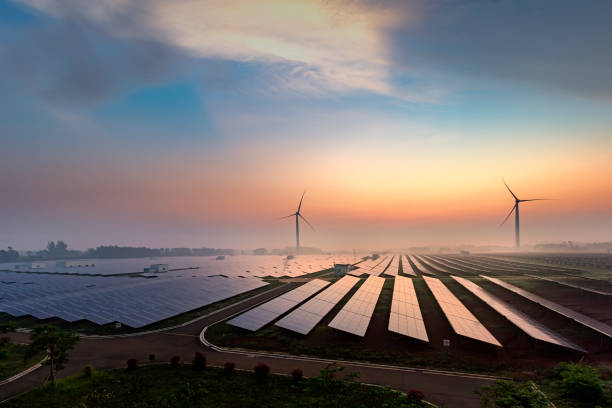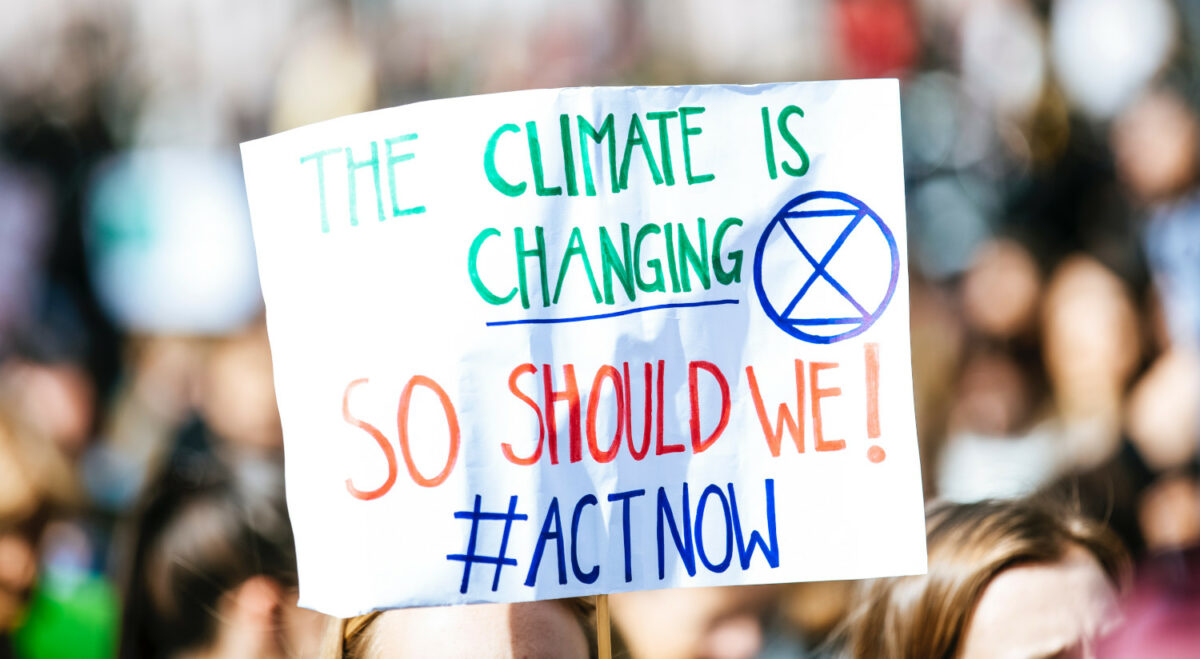Europe is experiencing an unprecedented climate crisis, with the continent warming at a staggering rate that surpasses the global average. The recent State of the Climate report in Europe jointly released by the World Meteorological Organization (WMO) and the European Union’s Copernicus Climate Change Service, unveils alarming findings that should serve as a wake-up call for urgent action.
The report reveals that Europe has been heating up at double the rate of the rest of the world since the 1980s. Over the years, the continent’s temperature has increased by 2.3 degrees Celsius compared to the preindustrial average of 1850-1900. This rapid warming is reshaping the socio-economic fabric and ecosystems of Europe, leaving a trail of devastating im pacts in its wake.
Consequences of Accelerated Warming: Glaciers Melting and Extreme Weather Events

One of the most visible consequences of Europe’s accelerated warming is the rapid melting of glaciers. Between 1997 and 2022, glaciers across the continent have lost a staggering 880 cubic kilometers of ice. The majestic Alps, in particular, have suffered the most significant loss, with an average reduction in ice thickness of 34 meters. This loss of ice not only disrupts the delicate balance of local climates but also contributes to the rise in global sea levels, posing a threat to coastal communities worldwide.
In addition to the melting glaciers, Europe has experienced a surge in extreme weather events. The scorching heat waves that gripped the continent in 2022 left a trail of destruction in their wake. These heatwaves were accompanied by prolonged droughts and widespread wildfires, leading to significant socio-economic and environmental impacts. Tragically, 16,365 deaths were attributed to heat stress during the summer months alone, underscoring the urgent need for effective climate adaptation and mitigation measures.
Unprecedented Ocean Heatwaves and Marine Impacts
The warming trend in Europe extends beyond land, with the continent also witnessing unprecedented ocean heatwaves. Particularly, the North Atlantic Ocean has experienced abnormally high sea surface temperatures, impacting marine ecosystems and biodiversity. These heatwaves have triggered the migration of marine species, leading to mass extinctions and the invasion of non-native species. The Mediterranean Sea, Black Sea, Baltic Sea, and southern Arctic Ocean have all witnessed sea surface temperatures three to four times higher than the global average, further exacerbating the marine crisis.
Renewable Energy is a Hope to counter Climate Challenges

Amidst the challenges posed by the climate crisis, there is a glimmer of hope in Europe’s transition to renewable energy. In 2022, renewable sources surpassed natural gas, generating 22.3% of the European Union’s electricity. The increasing utilization of wind and solar power signifies a crucial shift away from carbon-intensive energy sources, reducing greenhouse gas emissions and dependence on fossil fuels. This transition not only mitigates climate change but also offers economic opportunities and energy security for the region.
Urgent Action Required to Mitigate the Impacts

The State of the Climate in Europe 2022 report serves as a stark reminder that Europe is at the front of the global climate crisis. The alarming rate of warming, coupled with the severe consequences, demands immediate and comprehensive action to mitigate further damage. European countries must prioritize ambitious climate policies and strengthen international collaborations to reduce greenhouse gas emissions, increase resilience, and adapt to the changing climate.
Mitigation efforts should focus on transitioning to a low-carbon economy, promoting energy efficiency, and accelerating the deployment of renewable energy sources. Furthermore, investing in climate adaptation measures, such as improving infrastructure resilience and enhancing early warning systems, is crucial to protect vulnerable communities and ecosystems from the impacts of extreme weather events.
Europe’s leadership in tackling the climate crisis can inspire global action. By setting ambitious emission reduction targets and implementing effective climate policies, the continent can pave the way for a sustainable and resilient future. The time to act is now—only through collective efforts can we mitigate the impacts of climate change, safeguard the well-being of current and future generations, and protect the precious ecosystems that make Europe so unique. Let this be the wake-up call that drives us to take decisive action for a better tomorrow.













